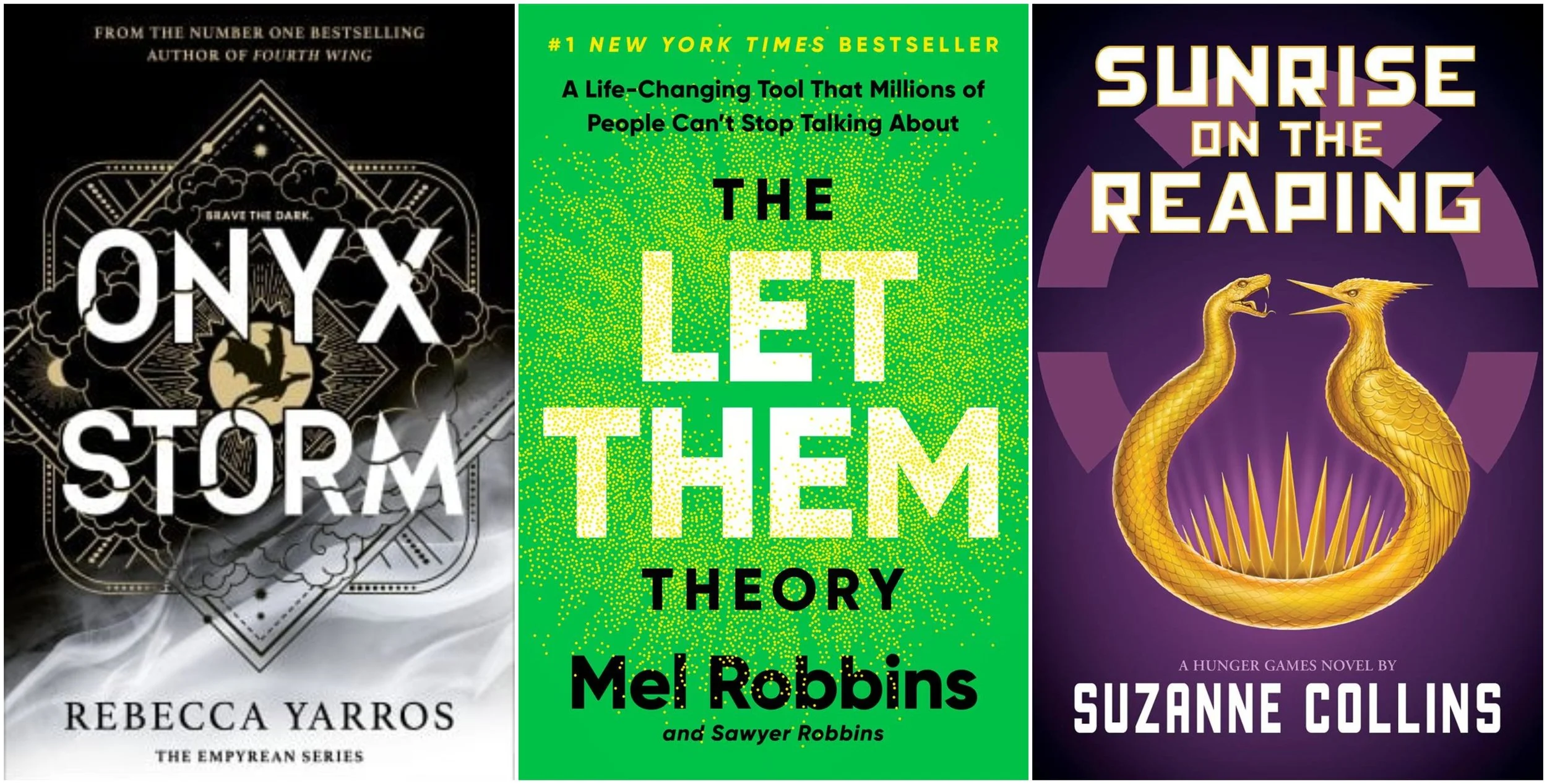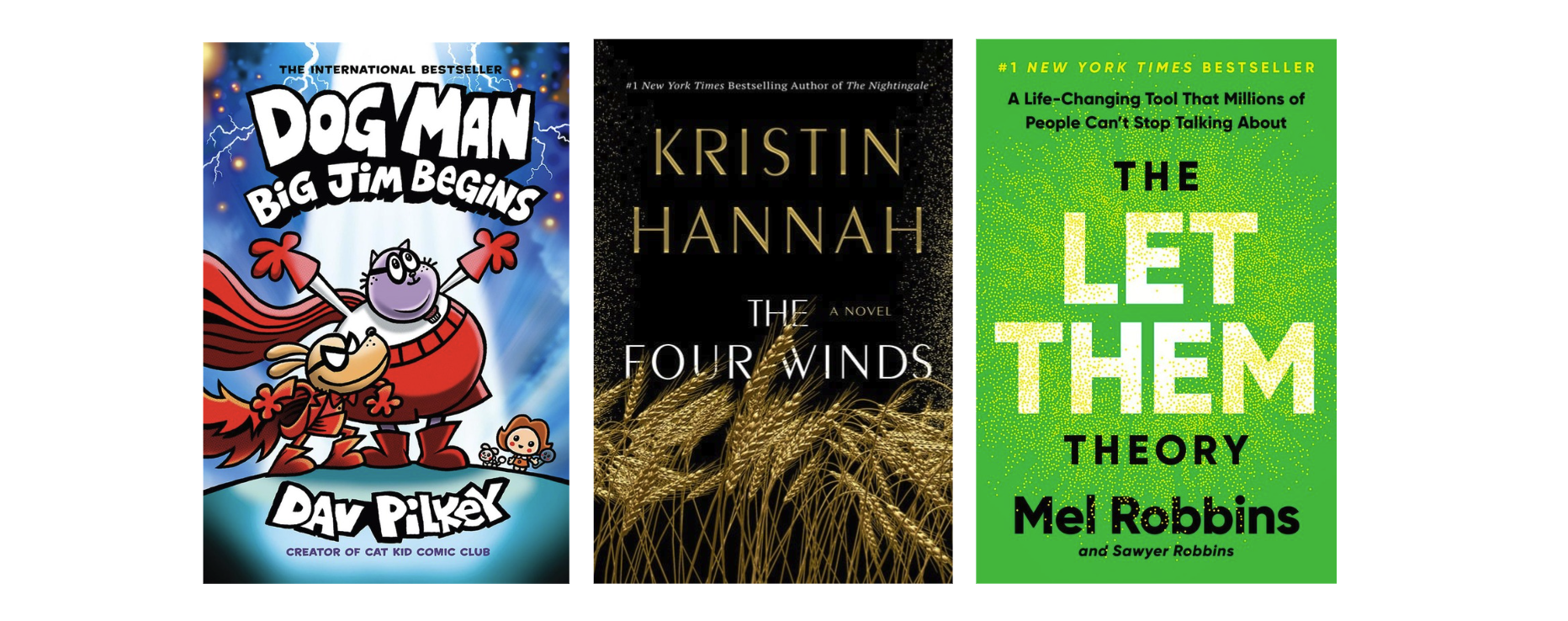ICYMI: BookNet Canada set a target deadline of August 28, 2020 for all Canadian data providers to be able to send a full ONIX 3.0 feed. To support a well-rounded ONIX education, BookNet Canada is highlighting essential resources and publishing on the BNC blog. This post was inspired by an email BookNet’s Bibliographic Manager Tom Richardson received recently and speaks to some of the core issues relating to the transition from ONIX 2.1 to 3.0.
The question
I’d like to expedite my company’s transition from ONIX 2.1 to 3.0. I work for a publishing house and therefore supply data to data recipients. Is there a way to convert our existing 2.1 files to 3.0? What conversion tools can we use?
The answer
The best way to look at ONIX is to think of data being in your database that you match and convert — in this case map — to this external standard. You then expect an end user to match and convert your best ONIX-based answer to their appropriate database slot based on ONIX definitions. Your accuracy in using ONIX, therefore, should be reflected in the accuracy of their pulling usable data.
ONIX 2.1 and ONIX 3.0, however, are not designed to be "compatible." They’re fundamentally different mappings and if you treat them that way it's relatively easy to make the transition. If you’re trying to use your ONIX 2.1 as interchangeable with 3.0 it will work for about 60% of the data, and for the other 40% it may be similar as it represents the same thing after all, but the best answer is that the map in 3.0 should be different. Normally, it will be handled more simply and with greater potential for accuracy.
An example
Sale rights remain sales rights held by the publisher. But if, in your data set, you used the typical ONIX 2.1 kludge of using sales rights as a proxy statement for the supplier's rights then you can map it in a fashion to ONIX 3.0. So it was wrong in 2.1 and will remain wrong in 3.0. In addition, the 3.0 solution for improvement, the use of Market Statements in Product Supply, remains unused. In turn, one of the great improvements in ONIX 3.0, supporting Market level dates and status so you can "release" a book with market-specific information, goes unused. But is it common to see that in ONIX 3.0 output? Yes, fairly common. And as a first step, it's not the worst thing so long as you expect it to be that.
So conversion exists: look at the software you use and talk to its creator. They probably support something, but don't expect the conversion to give you the best file to model your ONIX 3.0 output on.
To learn more about the transition to ONIX 3.0, catch up on the BNC Blog or revisit some of EDItEUR’s documentation. To stay up-to-date on all ONIX 3.0 transition news and information, subscribe to our weekly eNews or nab the RSS feed.















Insights into romance trends and the performance of Heated Rivalry.